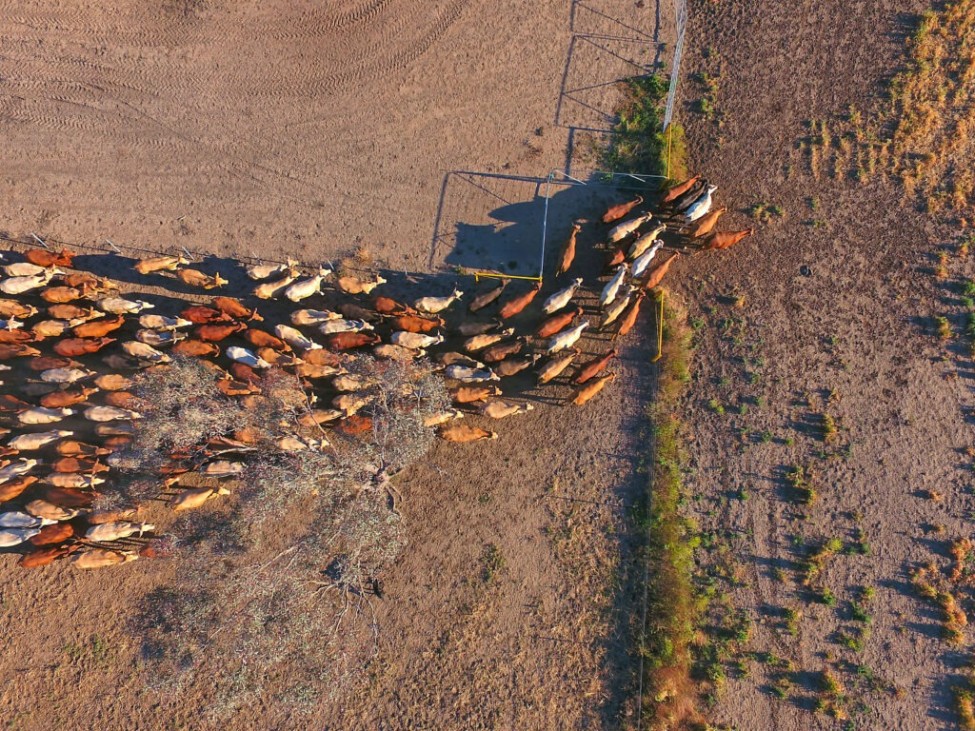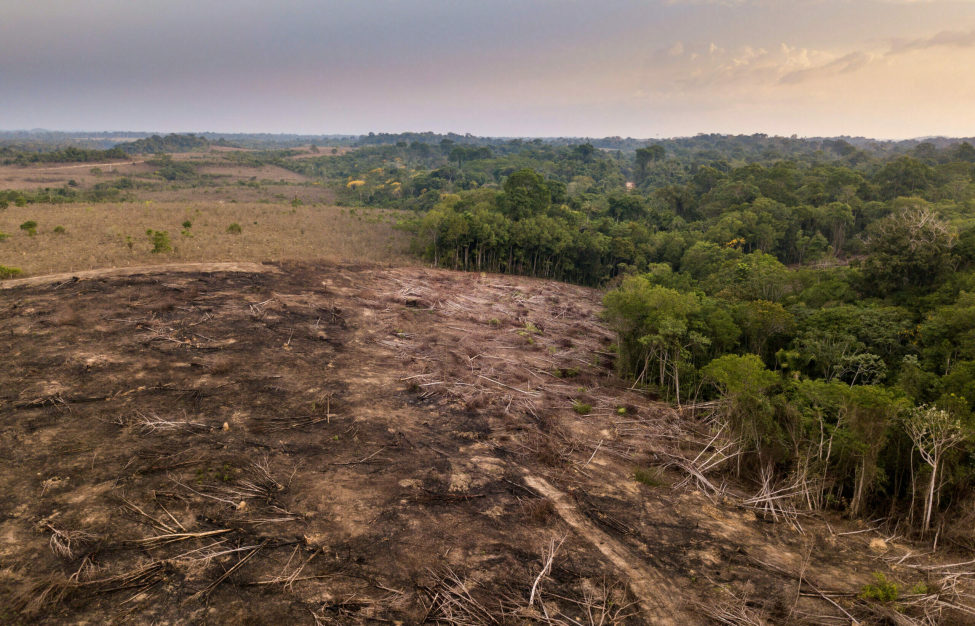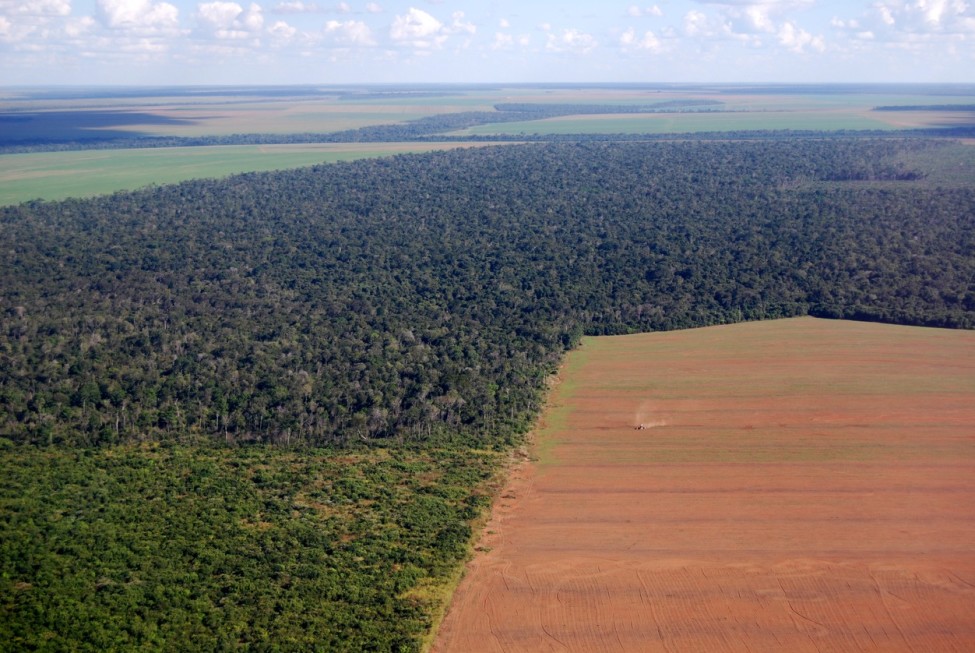
COP27 Highlights
FAIRR at COP27
The FAIRR Initiative was active at COP27, highlighting the vital importance of making food systems more resilient and sustainable to mitigate the material risks related to the sector.
FAIRR has participated in a range of COP27 events including on the topic of the roadmap to 2050, agricultural subsidies, and a just transition for the agricultural sector. FAIRR’s Founder Jeremy Coller also spoke at the launch of the COP27 Presidency’s FAST initiative.
A highlight of COP27 was the FAO’s confirmation that they would work towards producing a global roadmap for agri-food systems to 2050. This announcement came during a panel event that FAIRR was involved in organising, and comes as a response to FAIRR’s investor letter on this topic backed by investors with $18 trillion in assets.
This article summarises the main announcements from COP27 related to food and finance.

Summary of COP27 Cover Decision: Sharm El-Sheikh Implementation Plan
In a landmark decision in the cover text, the COP agreed to funding arrangements for the ‘loss and damage’ associated with the adverse impacts of climate change in vulnerable countries hit hard by climate disasters. Whilst it does not have any funding associated with it yet, creating a specific fund for loss and damage marked an important point of progress. It may also change how developed countries and polluters start looking at the cost of climate change.
On multilateral development banks, a significant paragraph (no. 37) calls on ‘the shareholders of multilateral development banks and international financial institutions to reform multilateral development bank practices and priorities… and encourages multilateral development banks to define a new vision… channels and instruments that are fit for the purpose of adequately addressing the global climate emergency’.
For the first time, the cover decision referred to ‘tipping points’ in the climate system. However, negotiators did not agree to a reference to the UN Biodiversity Conference (COP15) in the main outcome text.
More broadly, references to phasing out of fossil fuels were reportedly removed.
With regards to food and agriculture, in the main decision text, food security and the food crisis was referenced a few times, including ‘recognizing the fundamental priority of safeguarding food security and ending hunger’.
The cover decision also notes ‘the importance of transition to sustainable lifestyles and sustainable patterns of consumption and production for efforts to address climate change’.

NDC Submissions
Despite the fact the Glasgow COP26 agreement ‘requests’ that countries increase their pledges and submit new NDCs by COP27, analysis by Climate Action Tracker found that as of June 2023, only 36 countries had done so.
This links to FAIRR’s $12 trillion investor statement from COP26 which called for increased inclusion of agricultural targets in NDCs. FAIRR’s analysis of the NDCs ambition on agriculture can be found here.

Sharm El-Sheikh Joint Work on Implementation of Climate Action on Agriculture and Food Security
A new four-year mandate was agreed upon for the work on agriculture and food security as a follow-up to agricultural negotiations that were previously known as the Koronivia Joint Work on Agriculture.
However, despite calls for its inclusion from a range of civil society and other groups, references to ‘food systems’ were not included in the decision, which means the agreement will focus mainly on agricultural production rather than the whole food system. As the work programme has just been launched it is too early to say what the implications of this will be for agricultural investment.

Climate Finance and the FAST Initiative
At COP27, the FAST (Food and Agriculture for Sustainable Transformation) Initiative was launched.
The initiative includes the FAO, other UN agencies as well as other relevant global initiatives, networks and coalitions.
The initiative aims to improve the quantity and quality of climate finance contributions to transform agriculture and food systems by 2030. It intends to align with a 1.5C degree pathway, encouraging adaptation as well as supporting food and economic security.
This initiative is expected to increase bilateral/multilateral funding for climate finance projects/investment funds with an agri-food focus, especially in low-middle-income countries. This should result in an increased number of opportunities for investors interested in impact and blended finance vehicles or projects touching on climate-sensitive agriculture and food-tech.

The Agriculture Breakthrough Agenda
Following up from COP26, a set of priority actions were launched for the Breakthrough Agenda, including on agriculture.
Thirteen countries have endorsed the Agriculture Breakthrough: Australia, Belgium, Cambodia, Denmark, Egypt, Germany, Ireland, Japan, Latvia, Morocco, Nigeria, Sweden, United Kingdom
Countries agreed to deliver higher levels of investment in agricultural research, development and demonstration (RD&D) including on several areas such as innovations to reduce methane emissions from livestock, alternative proteins, crop and livestock breeding: with AIM for Climate appointed as the coordinating body to take this forward.
As above, this may increase bilateral/multilateral funding for climate finance projects/investment or innovation funds with an agri-food focus.

Global Methane Pledge
In advance of COP27, Australia joined as a new member of the methane pledge.
The U.S. announced the Subnational Climate Action Leaders’ Exchange (SCALE) which will focus on accelerating the implementation of the Global Methane Pledge in the US. The State Department aims to provide $1.5 million in support and $.15 million from Bloomberg Philanthropies which may result in further investment opportunities for the private sector in methane reduction.
The Biden Administration updated the U.S. Methane Emissions Reduction Action Plan and plans to invest $20 billion to tackle methane emissions. The sectors targeted are oil and gas, industrial manufacturing, agriculture and livestock.
China is drawing up a national methane pledge but has not yet committed to joining the global effort

Deforestation
Leading global financial institutions launched the Finance Sector Deforestation Action initiative.
Over 30 financial institutions with a combined AUM over $8.9 trillion have committed to eliminate agricultural commodity-driven deforestation from their investment portfolios by 2025 via engagement and active ownership.
A Forest Declaration Assessment stated that a lot more action needs to be taken to meet the COP26 deforestation pledge. There needs to be a 10% cut in deforestation each year to halt deforestation by 2030, this year it only fell by 6.3% while deforestation in the Amazon hit a record high.

10 Commodity Companies’ Commitment to a 1.5°C Roadmap
At COP, leading producers of soya beans, palm oil, cocoa and cattle published their roadmap to align with 1.5C earlier this week, promising to develop and publish commodity-specific, time-bound targets on stopping deforestation. The companies included JBS, Cargill and Wilmar International.
The roadmap was however denounced by civil society groups as inadequate, and a statement published by John Kerry (US Special Presidential Envoy for Climate) and Graham Stuart (UK Minister for Climate) called for greater ambition and accelerated action from the companies.

Carbon Markets Under Article 6
At COP27, negotiations on Article 6 came to a close, but further consultations need to occur in the lead up to COP28. Article 6 defines the rules for the carbon market - enabling countries and companies to trade efforts to cut emissions with one another.
Article 6.2 permits one country to pay for emissions reductions in another country and include the reduction in its own net zero goal and NDC, whilst Article 6.4 permits the trading of carbon credits on an open market which is overseen by the United Nations.
While some steps forward were made, countries can consider credits confidential thus removing transparency and accounting from the mechanism. This enables bilateral arrangements to not disclose what the agreement is, with who and if the climate benefits or not. Moreover, the language does not mitigate against double counting.
The agreement has also been criticised because there was a lack of safeguards on human rights, with no requirement to obtain consent from indigenous peoples and local communities.
A two-tier system is to be created for Article 6.4; “unauthorised emissions reductions” which may not be subject to the same controls and procedures as “authorised emissions reductions” which could also contribute to double counting or greenwashing.

Private Finance
On Finance day, 600-plus investors, representing $42 trn in assets under management, called on governments to radically raise their climate ambition, with an ask to strengthen climate disclosures across the financial system, including transition plans.